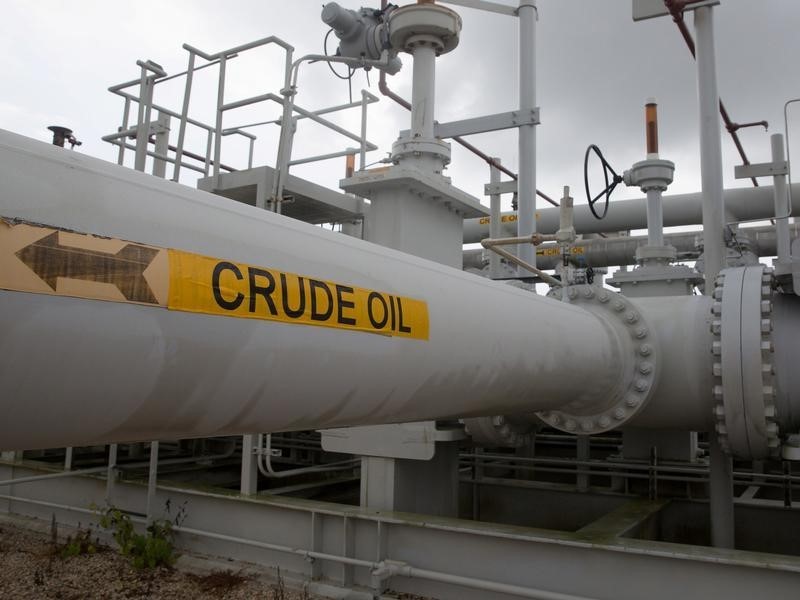
Investing.com — Oil prices settled higher Thursday as rising Middle East tensions stoked worries about global supplies disruptions, overshadowing data from a day earlier showing a surprise build in U.S. inventories.
At 14:30 ET (18:30 GMT), rose 1.3% to $86.39 a barrel, while gained 1% to $81.74 a barrel.
Middle East tensions rise
Concerns over the potential for the Israel-Hamas war in Gaza to spread throughout the Middle East, an oil-rich region, has provided underlying support for the market for some time now.
Cross-border strains between Israel and Lebanon’s Hezbollah have been escalating in recent weeks, and Turkish President Tayyip Erdogan added to these by saying his country stood in solidarity with Lebanon and called on the region’s countries to show their support.
This raised fears other regional powers could be drawn into the conflict, including major oil producer Iran.
Meanwhile, Israeli forces continued to bombard Gaza, in its prolonged war with the Iranian-backed Hamas militant group
US inventories unexpectedly grow, gasoline inventories surge
Government data released on Wednesday showed that U.S. grew about 3.6 million barrels (mb) in the week to June 21, confounding expectations for a draw of 2.6 mb.
More worrying was a 2.7 mb build in , which indicated that fuel consumption remained weak even with the onset of the travel-heavy summer season.
The inventory build ramped up concerns that U.S. fuel demand was slowing, especially as the country grapples with sticky inflation and high interest rates.
“Despite lower refinery activity, gasoline stocks still increased by 2.65m barrels. Implied gasoline demand was weaker over the period, falling 417k b/d WoW. This will not help ease gasoline demand concerns as we move deeper into the summer,” analysts at ING said, in a note.
Still recent assurances from Saudi Arabia and the broader OPEC+ alliance that they remain committed to keep the market stabilised has provided comfort for markets, ANZ Research said in a recent note.
(Peter Nurse, Ambar Warrick contributed to this article.)

